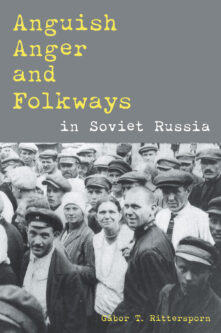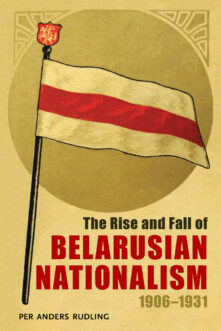Books
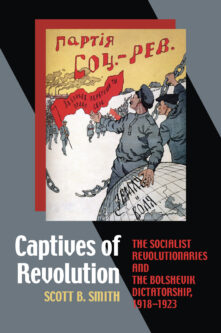
Captives of Revolution
The Socialist Revolutionaries and the Bolshevik Dictatorship, 1918–1923
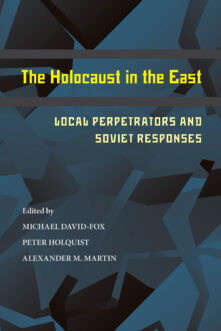
The Holocaust in the East
Local Perpetrators and Soviet Responses
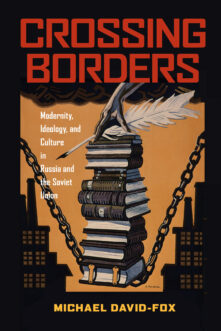
Crossing Borders
Modernity, Ideology, and Culture in Russia and the Soviet Union
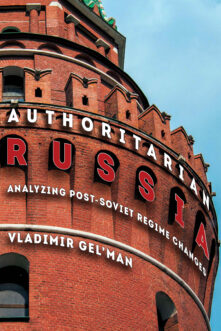
Authoritarian Russia
Analyzing Post-Soviet Regime Changes
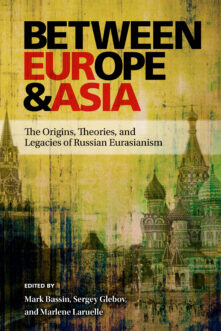
Between Europe and Asia
The Origins, Theories, and Legacies of Russian Eurasianism
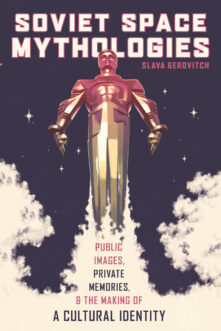
Soviet Space Mythologies
Public Images, Private Memories, and the Making of a Cultural Identity
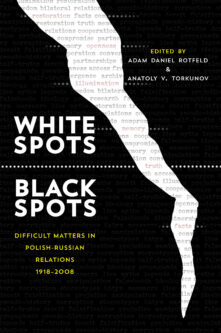
White Spots—Black Spots
Difficult Matters in Polish-Russian Relations, 1918–2008
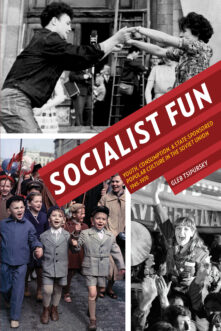
Socialist Fun
Youth, Consumption, and State-Sponsored Popular Culture in the Soviet Union, 1945–1970
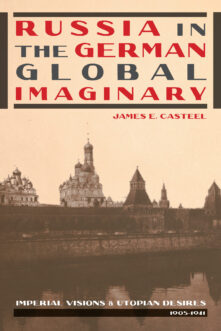
Russia in the German Global Imaginary
Imperial Visions and Utopian Desires, 1905-1941
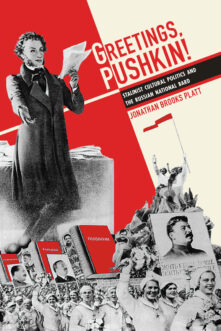
Greetings, Pushkin!
Stalinist Cultural Politics and the Russian National Bard
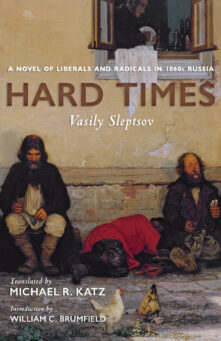
Hard Times
A Novel of Liberals and Radicals in 1860s Russia
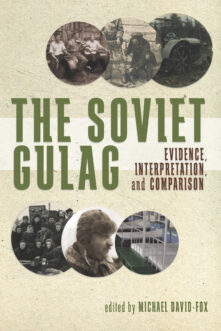
The Soviet Gulag
Evidence, Interpretation, and Comparison
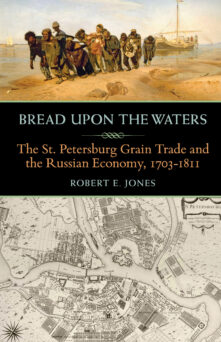
Bread upon the Waters
The St. Petersburg Grain Trade and the Russian Economy, 1703-1811
Total 73 results found.


